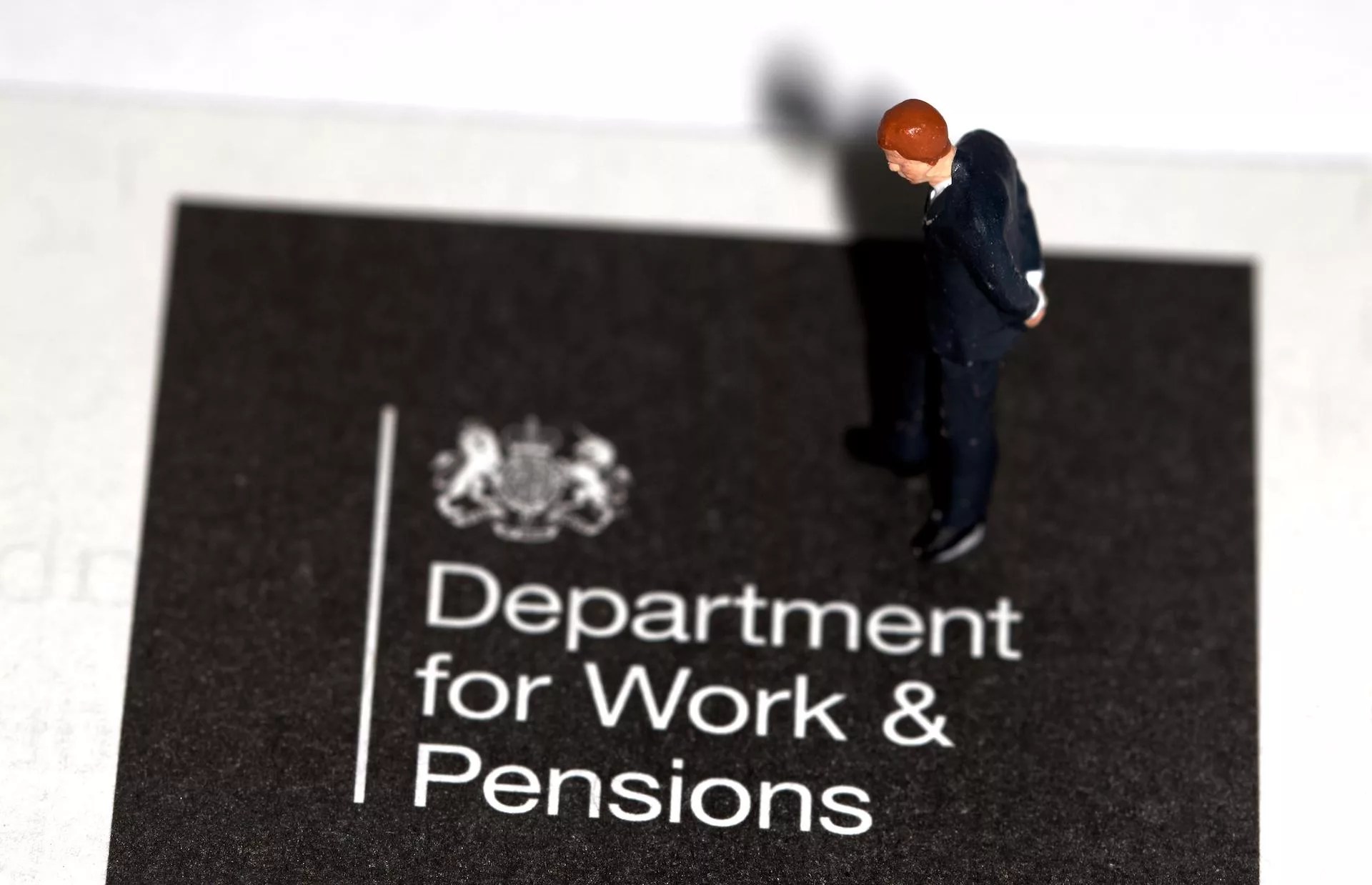It comes as the DWP launches out its WorkWell scheme – a £64m pilot to get disabled and ill people into work, piloted in 15 areas of the UK including in Greater Manchester, but critics have warned it does not go far enough to address the barriers disabled people face in the workplace.
Greater Manchester already has a Working Well programme, and Burnham claims they have seen how positive personalised support, particularly focused on people’s mental health, is “more successful at putting people on a path towards work than a traditional, tick-box approach”.
Big Issue is demanding an end to poverty this general election. Will you sign our open letter to party leaders?
He said in his manifesto: “The problem is that these pilots are the exception rather than the norm. The benefits system, with all of its accompanying bureaucracy and sanctions, can often leave people feeling worse about themselves and further away from work.
“It is based on a distrust model and rules designed to catch people out rather than an approach that builds trust, self-esteem and readiness for volunteering and work.”
In Greater Manchester, Burnham wants to rename Jobcentre Plus locations and primary care facilities as Live Well centres and “crowd them with the full range of support provided by local community and voluntary organisations”.
Advertising helps fund Big Issue’s mission to end poverty
The mayor is hoping to prove that a “bottom-up approach to supporting people and communities, as
opposed to the current deficit model, will be much more effective at helping people into sustainable work”.
There is a deep distrust of the DWP and the benefits system, amplified by recent “harsh rhetoric” around pushing people into work, including those who are ill and disabled, with Rishi Sunak saying he hopes to eradicate a so-called “sick note culture”.
Laura Burgess, senior policy and research advisor at Greater Manchester Poverty Action (GMPA) said: “We support DWP devolution. We believe there should be local autonomy for Jobcentre Plus and further delegation from DWP.
“Greater Manchester, being at the forefront of the devolution agenda, would be a good testbed for DWP devolution and in order for it to be successful, the Greater Manchester Combined Authority (GMCA) and the Westminster government would need to embark on a joint approach to test flexibilities in the welfare system.
“Scotland has additional social security powers and it is therefore right that other parts of the UK benefit from the ability to better tailor support to individuals.”
Labour’s national policy is to devolve employment support, and a significant degree of devolution has already occurred in Manchester.
Advertising helps fund Big Issue’s mission to end poverty
The work and pensions committee is currently collecting evidence around devolution of employment support for a new inquiry. It is planning to visit the Netherlands, where employment support was devolved some years ago, and Finland, where it is being devolved at present.
Scotland has significant devolved welfare powers, including responsibility for disability and carers’ benefits, benefits for maternity, funeral and heating expenses, and universal credit payment arrangements.
For example, the changes to personal independence payments (PIP) will not impact residents in Scotland because there they are entitled to claim new, devolved benefits: the adult and child disability payments.
Stephen Timms, the chair of the work and pensions committee, previously told the Big Issue that Social Security Scotland is setting a strong example and making “headway in setting out less hostile system for social security”.
Meanwhile, in Northern Ireland, there is a focus on avoiding sanctions wherever possible, with the Department for Communities advising individuals on what is needed to keep to the conditions of their benefits instead of sanctioning people.
Molly-May Smith, organiser at the New Economics Foundation, said: “To fix our broken security system we need to ensure people have enough money to live on and provide people with employment support that offers genuine engagement rather than threats of sanctions.
Advertising helps fund Big Issue’s mission to end poverty
“Plans to devolve the DWP which would involve providing community and people minded employment support would be a step in the right direction to building a better system. What is unclear is whether any devolution of the DWP would result in an increase in benefits and more money in people’s pockets.
“Over the course of the last 18 months we have been listening to people from across Greater Manchester struggling with the cost of living crisis and it’s clear without a substantial increase in people’s benefits, these plans are unlikely to significantly improve people’s lives. That’s why NEF and our Living Income campaign partners in Greater Manchester would like to see Andy Burnham back a living income.”
Do you have a story to tell or opinions to share about this? We want to hear from you. Get in touch and tell us more.









